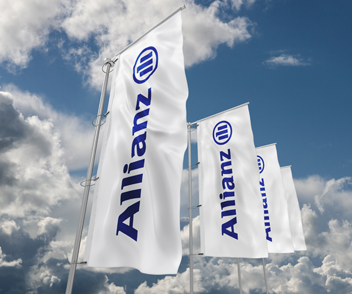The mobility sector is undergoing significant change triggered by societal, political and technological developments. Big cities are bursting at the seams and, according to forecasts, the volume of the population living in cities is set to increase from 50% to two thirds by 2050. Meanwhile, politicians intend to reduce CO2 emissions by means of legal requirements in such a way that complies with the sustainability requirements of the Paris Agreement.
Digital transformation, in turn, is fundamentally changing the mobility system. Ownership models of vehicles are changing, and new forms of propulsion are coming into the market. Together, these become the driving force behind four new forms of mobility: networked, autonomous, shared and electric.


















